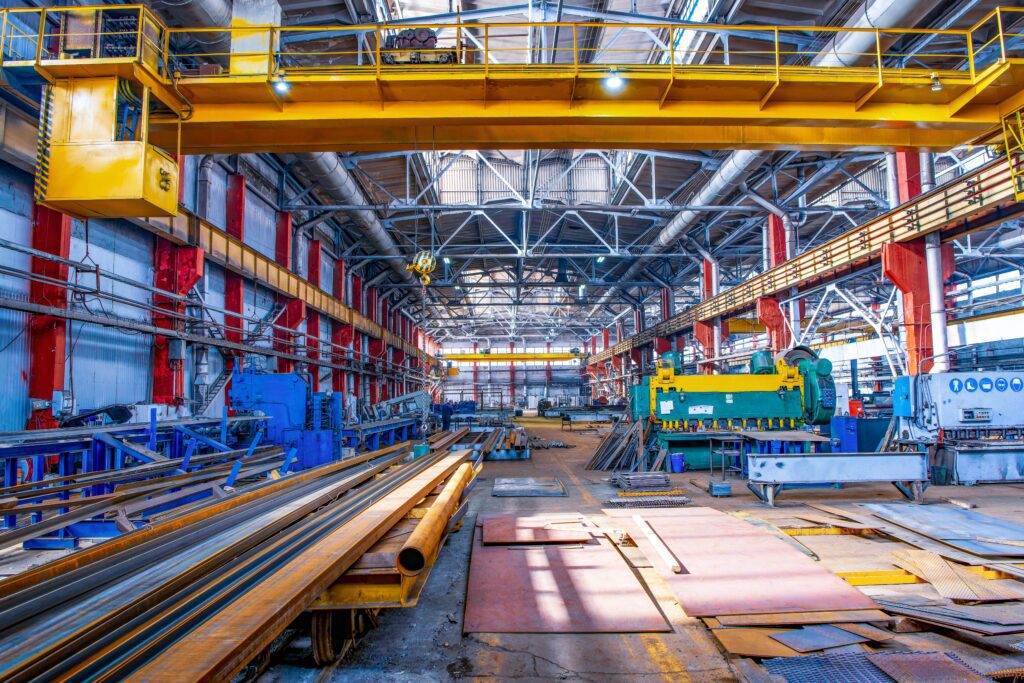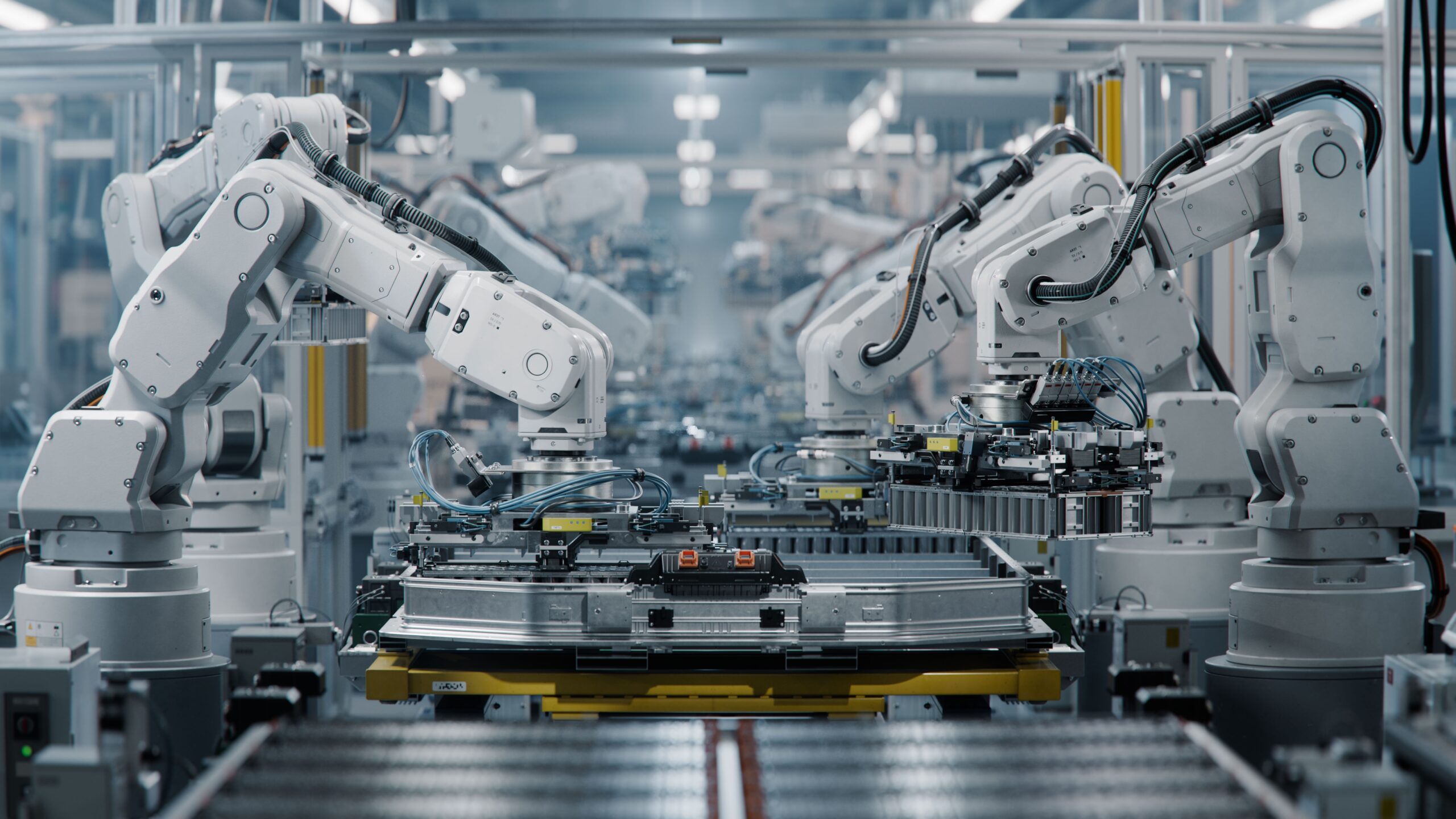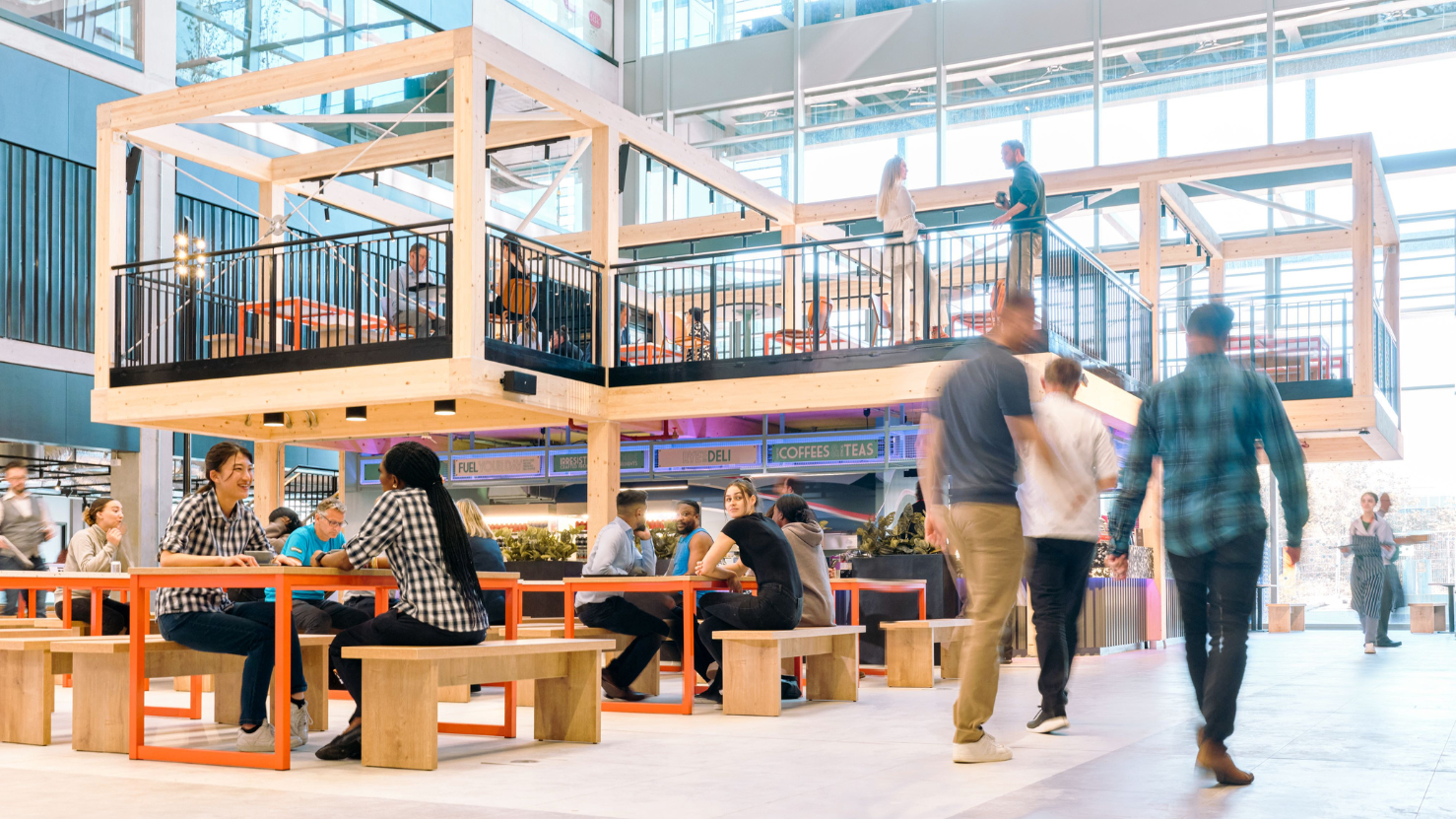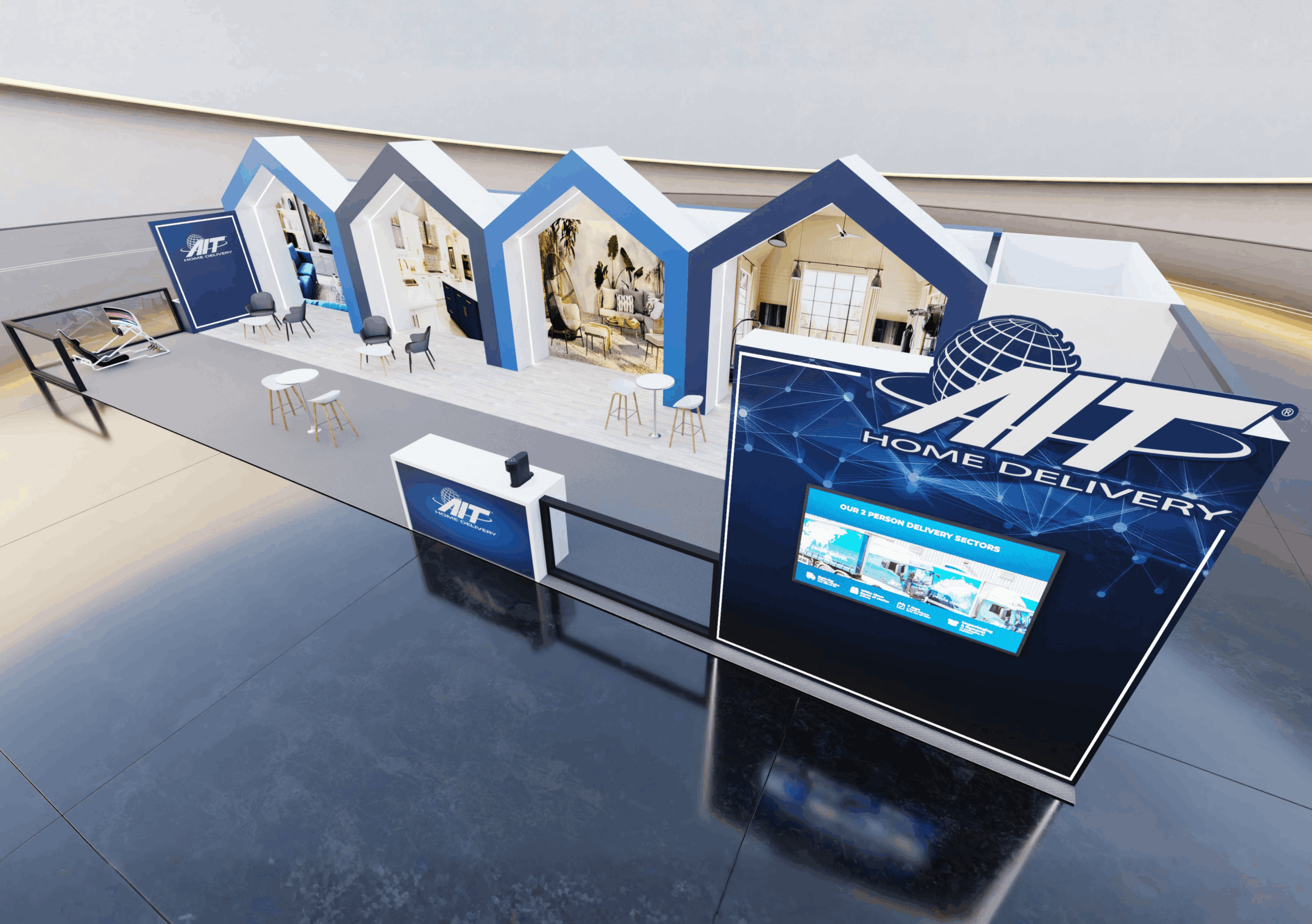Finding somewhere to manufacture your products is not easy. There are various things that need to be considered, and there are also likely to be factors unique to your circumstances which create other requirements.
In this article we explore some of the things to consider when assessing whether premises are suitable for your manufacturing business, such as what to look out for from a planning perspective, and in search results, and how renting rather purchasing premises affects the process.
In order to use premises for manufacturing you will need planning permission for B2 use under the Town and Country Planning (Use Classes) Order 1987. Alternatively, if appropriate, use class E(g)(iii) – any industrial process which can be carried out in any residential area without causing detriment to the amenity of the area – which could cover manufacturing, but of course not every manufacturing business will fit within this category.
It is also important to look at the planning history for the premises and make sure there are no restrictions attached to previous planning permissions which would hinder your proposed use. It is all very well to have B2 use, but if there is a planning permission which was granted subject to the condition that the premises would only be used for the manufacturing of engineering products, and you want to manufacture cereal bars, then that is a problem. There may be mitigating factors, such as the planning condition having been breached at the premises for 10 years or more without the council having intervened, in which case the condition would no longer be enforceable. But it is important to have an expert check the planning history to avoid any pitfalls.
Similarly, there may be entries on the title for the premises which warrant attention. There could be a restrictive covenant prohibiting the use of the land for manufacturing. The chances are this would be historic and unlikely to be enforced, but it is important to know about it, and taking out insurance against the risk of any such restrictive covenants being enforced can give you peace of mind.

When entering into an expensive lease for manufacturing premises or, alternatively, buying premises, you will want to order a set of searches including a local search, environmental search, drainage and water search, and probably some other specific searches depending on the features of the property.
The local search will help with the planning history of the premises and can also identify things like smoke control orders affecting the premises, whether it is within a noise abatement zone, any hazardous substance consents which affect the premises, and any environmental and pollution notices which have been issued by the local authority. Identifying environmental issues is, of course, the prime purpose of the environmental search, and this will indicate the likelihood of the premises being classified as contaminated land based on what they have previously been used for.

Depending on the results of that search you may want to pay particular attention to provisions in the lease or the transfer of the premises to you which deal with liability for existing contamination. And it may also be wise to either insist on the seller providing an environmental indemnity insurance policy or to obtain one yourself.
As well as the legal due diligence before committing to new premises, there will be various practical considerations. Do the premises have sufficient electricity capacity for the manufacturing process you intend to carry out there? Are the water and drainage systems suitable for whatever you intend to do? Is there sufficient vehicular access?
You may be wrestling with the decision whether to buy new premises or enter into a lease. Buying the premises gives greater freedom over what you do with it in terms of alterations, but it is also more of a commitment if you think that you may want to upscale later or relocate. Having a landlord could be restrictive, as you are likely to need their consent for any modifications you need to make to set up your manufacturing process, and they will be concerned with protecting the value of their property rather than what is going to help your business.
Even more adventurous than buying premises outright, would be to build your own. This is not going to be for everyone, but for some businesses it may appeal. Buying land, making a planning application to build a factory, and then building it may prove less expensive than buying an existing premises. It means being able to design premises that are tailored specifically to your business. Clearly though, this is a long-term project due to the time it takes to obtain planning permission and construct the building, and so for businesses in a rush to get up and running it would not be feasible.
By Graham Jones
Senior Associate Howes Percival

For more information, email Graham Jones at graham.jones@howespercival.com or visit the Howes Percival website.



















